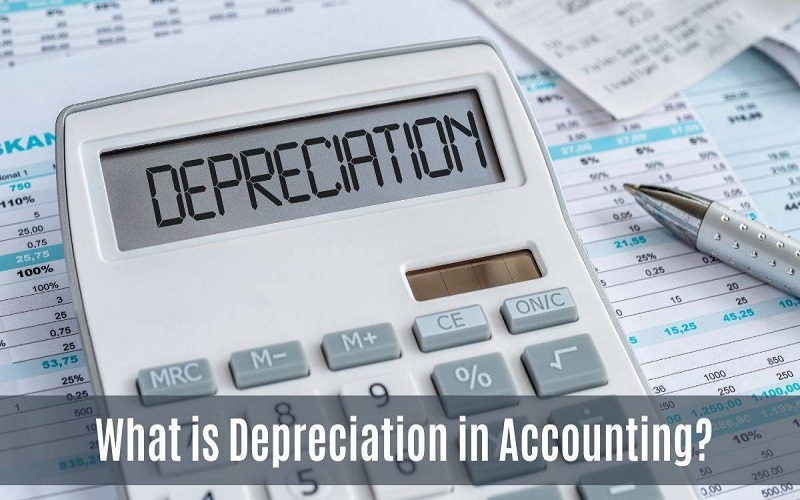
Understanding Depreciation: How It Affects Your Business Taxes?
Depreciation is a process of allocating costs to tangible assets over its useful life. It is a crucial aspect of financial management that can significantly impact your business taxes. It is essential to understand the depreciation and how it works. This knowledge will help you to make informed decisions about your assets and ultimately help you to save taxes.
If you want to know more about depreciation, then this article is beneficial for you. In this article, we will understand how depreciation affects your business taxes and how you can handle it effectively in Christiansburg. You can also consult an expert CPA in Christiansburg, VA, who can help you understand more about depreciation and its effects.
What is Depreciation?
Depreciation refers to the process of allocating the cost of a tangible asset over its useful life. When any business purchases an asset such as equipment, machinery, or other valuable assets, then it loses its value over time due to wear and tear, market conditions or technological issues. This depreciation value allows you to account for this gradual loss in the value of your financial statements, especially for tax purposes.
It is considered a non-cash expense that does not involve the actual outflow of money. It is an accounting entry that reduces the book value of the asset and adjusts its cost over several years.
What is the Impact of Depreciation on Business Taxes?
Depreciation has a direct impact on your business taxes because it helps in reducing your taxable income. When you mention depreciation as an expense, it lowers your net income, which in turn allows you to reduce the amount of tax you owe.
Lowers Taxable Income
Depreciation is an expense on your income statement. So when the costs are subtracted from the revenue to calculate the net income, the depreciation reduces your taxable income and is thus beneficial for you. When the taxable income is reduced, you have to pay less in taxes.
Spreads Out the Cost
Depreciation allows for spreading the cost instead of having a one-time deduction for the entire cost of an asset. It will enable you to spread that deduction throughout the asset’s life. There will be a smooth out on your expenses and manage your tax liability more effectively over time. Thus, it is one of the most important aspects of financial transactions where you can get the costs divided over a period.
Different Methods of Depreciation
There are different methods of depreciation allowed for calculating depreciation which can have other tax implications. One of the standard methods of depreciation is straight-line depreciation, in which the cost of the asset is evenly distributed over its usefulness in life. There is another method, such as the declining balance method, for larger depreciation expenses in the earlier years. It is considered the assets that lose their value very quickly for the business. Therefore, to maximize the tax deductions in the short term, it is essential to use a declining balance method.
Additionally, there is bonus depreciation in which there is significant depreciation in the first year the asset is placed into service. It is beneficial for businesses that want to accelerate their tax savings. Apart from this, there is also another depreciation such as Section 179 deduction, which allows businesses to consider the entire cost of qualifying assets in the year they are purchased up to a specific limit. This depreciation is applicable, especially for small businesses, as they can fully deduct the cost of an asset immediately.
So, these are some of the expected impacts of depreciation on business taxes. It is better to consult a CPA about it so that they can give you more practical advice and knowledge about depreciation.


